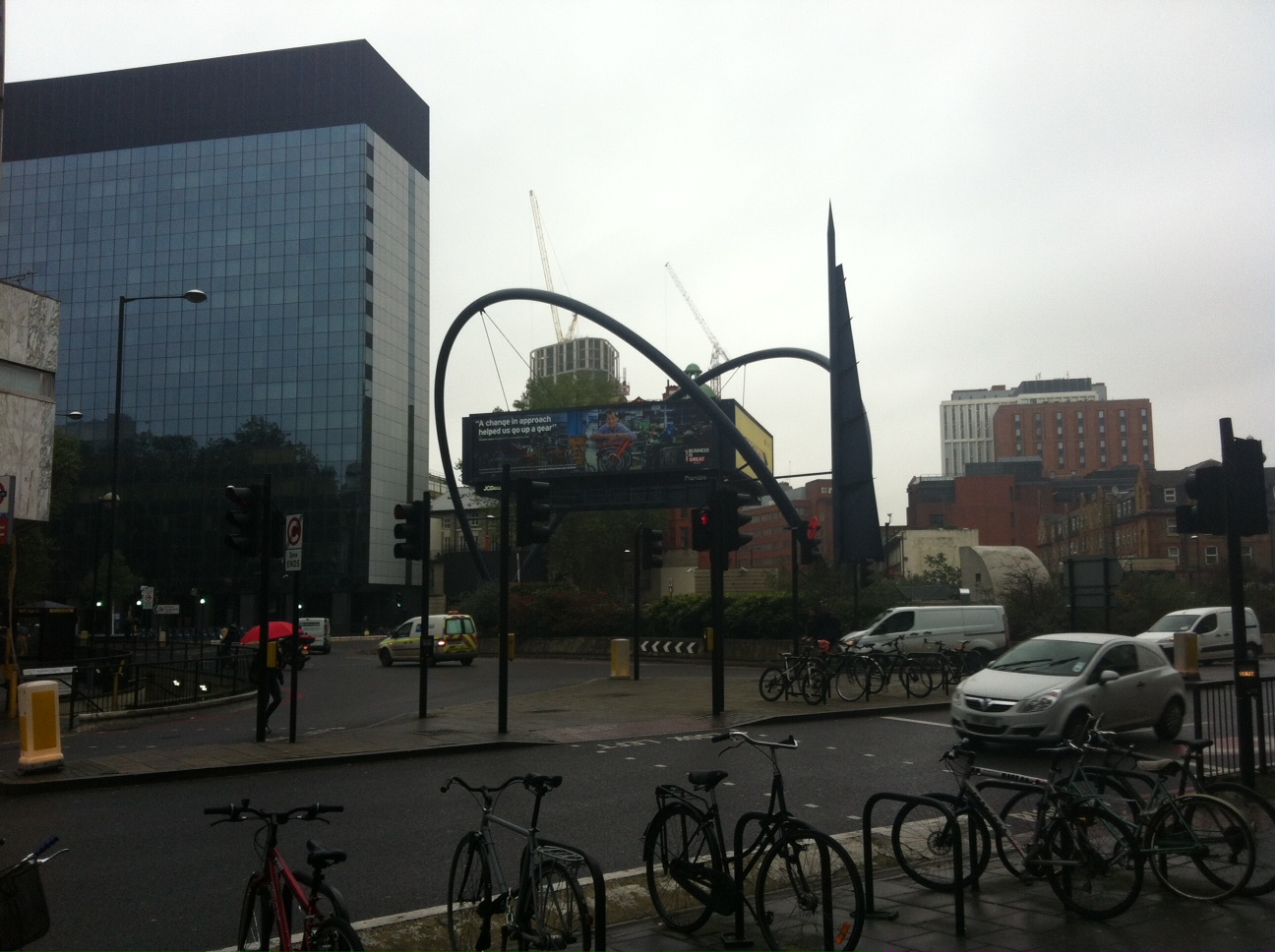A few years ago I interviewed the boss of a US software company. At the end of the discussion he mentioned how his business had moved most of its development operations to London from San Francisco.
I was surprised at this – while San Francisco is one of the most expensive places in the world to do business, London is even pricier again.
“We can get labour in the UK,” explained the CEO. “In the US if I want to bring in some developers I’ll be tied up by immigration for months, if not years. In London, I can get on the phone and have a bunch of coders on the plane from Barcelona tomorrow.”
That ease of access is now threatened by the Brexit vote, should the UK leave the EU and give up on the free movement of workers across the continent then one of Britain’s core advantages is lost.
Brexit is a historic mistake by middle England that now threatens to see the UK disintegrate as Scotland leaves and the Northern Ireland conflict reignite, the tech industry though will probably be one of the first victims.
For the EU, this is a warning that reform of its institutions has to be a priority. One of the ironies of Britain’s vote is the monstering of Greece, Spain and Ireland following the 2008 global crisis that cost the EU much of its popular support was partly to protect London’s banks.
The bigger issue though is the British voters’ distrust of institutions and elites – something that’s driving Donald Trump’s rise in the US.
We live in interesting times.

Leave a Reply